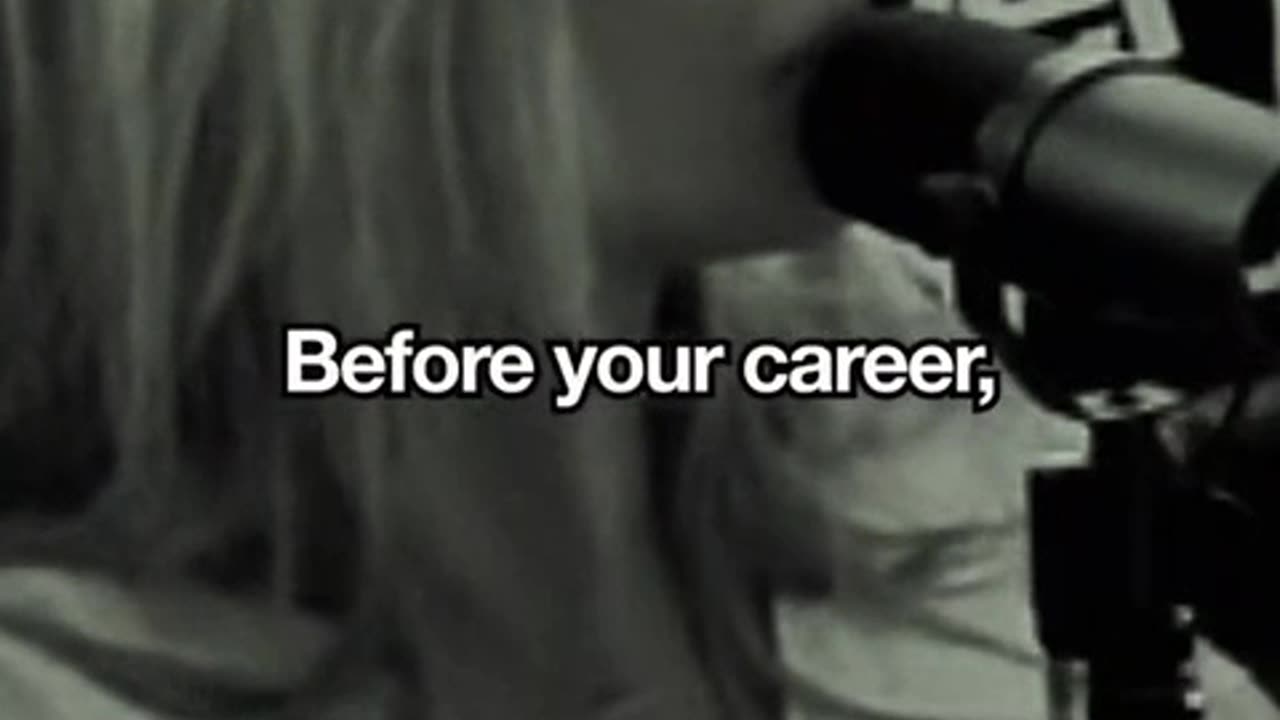Premium Only Content

Modern Gender Expectations: Analyzing the Disparity in Women’s Evolving Relationship Roles
In today’s fast-evolving societal landscape, the roles and expectations of men and women in relationships are increasingly complex and often deeply misunderstood. Rooted in centuries-old traditions and cultural dynamics, gender expectations are now clashing with modern values of equality, autonomy, and personal growth. By exploring these underlying tensions, this article seeks to offer fresh insights into the perception of women’s roles in relationships and the often unspoken disconnect that shapes the discourse on gender today.
1. The Tension Between Traditional Roles and Modern Freedoms
One of the most significant shifts in recent decades has been the tension between traditional gender roles and the push for individual freedoms. Historically, women were primarily regarded as caregivers and nurturers, while men assumed the role of the family provider. These roles were clear and unchallenged for centuries, but the rise of feminism, economic independence, and shifting societal norms has upended this balance.
Today, women are increasingly encouraged to pursue careers, self-actualization, and sexual autonomy. However, some men continue to hold on to the belief that a woman’s primary responsibility should be motherhood and family. This creates a dissonance in relationships where men may expect traditional behaviors, while women assert their independence, creating friction as they seek to balance these multiple, often contradictory, expectations. This evolution of roles raises critical questions about how men and women negotiate partnership and power within modern relationships.
2. Motherhood and Self-Identity: A Battle for Autonomy
At the heart of the gender disconnect is the role of motherhood. For centuries, motherhood has been exalted as a woman’s most noble and essential role. The claim that “once you have a baby, you’re living for the baby, not for yourself” reflects this entrenched belief that a woman’s identity should be subsumed by motherhood.
However, the modern woman is redefining this narrative. Women are asserting their right to balance their roles as mothers with careers, personal desires, and self-expression. This shift has prompted debates on how much of a woman’s identity should or should not be tied to motherhood. Many women argue that being a mother does not mean abandoning personal dreams and that their sense of self should flourish alongside their responsibilities as parents. The idea that a woman can be both nurturing and autonomous is central to this modern struggle for balance.
3. Mental Health and the Burden of Expectation
Another deeply ingrained stereotype that shapes the perception of women’s roles in relationships is the notion that women are more prone to mental health issues, often dismissed as overly emotional or unstable. The video clip highlights this assumption with references to women having “mental issues,” reflecting the broader societal tendency to stigmatize emotional expression, particularly in women.
Mental health is a crucial aspect of any relationship, but it’s essential to view it through a lens of empathy and understanding. Women often bear the emotional burden in relationships, managing not only their mental health but also the emotional well-being of their partners and children. Recognizing the emotional labor women undertake and understanding mental health as a shared responsibility can help dissolve the stereotypes that hinder healthy, balanced relationships.
4. Sexual Freedom and the Concept of “Body Count”
A critical issue highlighted in discussions around modern relationships is the concept of “body count,” or the number of sexual partners someone has had. For many men, this number is tied to a woman’s value as a potential partner, rooted in historical beliefs about female sexual purity.
However, modern women challenge this idea, arguing that sexual freedom is a fundamental aspect of autonomy. The judgment surrounding body count is viewed as a double standard, as men often face little scrutiny for their sexual histories. In modern dating, the challenge lies in reframing these outdated beliefs about female sexuality to allow for more nuanced understandings of personal choice, freedom, and equality. For a relationship to thrive, it’s crucial that both partners move beyond superficial metrics of value, focusing instead on shared values, mutual respect, and emotional depth.
5. Balancing Personal Autonomy with Relationship Commitments
As traditional expectations around motherhood and partnership evolve, the question of how women should balance their roles becomes increasingly complicated. Some men may hold on to the belief that a woman’s primary focus should shift entirely toward the family once children enter the picture. Meanwhile, many women are working to carve out space for themselves—balancing careers, personal goals, and the desire for familial fulfillment.
The ongoing challenge is to create relationships where personal growth is seen as complementary, not competitive, to relational and parental duties. Partners who recognize and support each other’s evolving identities are more likely to create environments where both individuals thrive.
6. Towards Greater Understanding Between Genders
At the core of these tensions is a deep misunderstanding between genders about what each expects from the other in modern relationships. While men may sometimes feel that women are abandoning traditional values, women may feel constrained by outdated stereotypes that reduce their identities to narrow definitions of caregiving or sexual purity.
Building bridges across these divides requires a deeper understanding of how societal expectations shape behavior and an honest dialogue between partners about their values, needs, and aspirations. Gender equality in relationships is not about conforming to roles, but about respecting each other’s individuality and forging partnerships based on mutual growth and shared purpose.
Conclusion: Embracing Evolving Gender Dynamics
The perception of women’s roles in relationships is complex and continually evolving. The societal transition from traditional gender roles to modern, more fluid expectations has created a dynamic where gender misunderstandings are inevitable but not insurmountable. By fostering conversations that encourage mutual respect, empathy, and understanding, both men and women can navigate the changing landscape of gender dynamics in a way that honors the autonomy, desires, and contributions of both partners.
Ultimately, relationships built on flexibility and open communication are those most likely to thrive in the modern world, allowing both individuals to flourish as equal partners. Through a combination of respect for tradition and a deep commitment to personal evolution, modern relationships can embody a new paradigm of gender equality and mutual support.
-
 0:57
0:57
FragmentsOfTruth
1 day ago“Not Going Back to Haiti”: Gang Member’s Bold Defiance Meets Trump’s Immigration Crackdown
63 -
 2:03:57
2:03:57
Megyn Kelly
2 days agoNew Trump Derangement Syndrome, and How CNN Smeared a Navy Veteran, w/ Piers Morgan & Zachary Young
91.4K166 -
 10:05
10:05
DIY Wife
3 years agoHow We Flip Old Furniture For Profit!
45.5K57 -
 2:14:54
2:14:54
TheSaltyCracker
5 hours agoTrump Goes Gangster ReeEEeE Stream 01-26-25
112K256 -
 4:42:13
4:42:13
Due Dissidence
15 hours agoTrump Calls To "CLEAN OUT" Gaza, Swiss ARREST Pro-Palestine Journalist, MAGA's Hollywood Makeover?
50.2K73 -
 2:02:20
2:02:20
Nerdrotic
7 hours ago $15.86 earnedDECLASSIFIED: JFK, MLK UFO Immaculate Constellation Doc | Forbidden Frontier #089
72.9K15 -
 3:00:14
3:00:14
vivafrei
15 hours agoEp. 248: "Bitcoin Jesus" Begs Trump! Rekieta Gets Plea Deal! Pardons, Deportations, Bird Flu & MORE!
161K181 -
 3:44:06
3:44:06
Rising Rhino
14 hours ago $12.55 earnedWashington Commanders Vs Philadelphia Eagles: NFL NFC Championship LIVE Watch Party
74.4K4 -
 13:00
13:00
Exploring With Nug
8 hours ago $5.55 earnedHe Went To Get A Haircut And Vanished WIthout a Trace!
59.3K2 -
 18:53
18:53
DeVory Darkins
2 days ago $30.25 earnedTrump JUST ENDED Mayor Karen Bass During HEATED Meeting
91.3K218